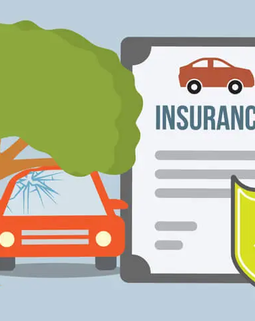Papua New Guinea, known for its stunning landscapes and rich cultural heritage, is embarking on a pioneering journey towards sustainable transportation with a significant shift towards electric vehicles (EVs). This groundbreaking initiative signals Papua New Guinea's commitment to reducing carbon emissions, combating climate change, and embracing clean energy solutions. Let's delve into the details of Papua New Guinea's pioneering shift to electric vehicles and what it means for the future of transportation in the country.
1. Embracing Sustainable Transportation: A Bold Vision For Papua New Guinea
Papua New Guinea's transition to electric vehicles represents a bold vision for the country's future, centred around sustainability, environmental stewardship, and energy independence. With its abundant renewable energy resources, including hydroelectric power and solar energy, Papua New Guinea is well-positioned to embrace electric mobility and reduce its reliance on fossil fuels. By transitioning to electric vehicles, Papua New Guinea aims to mitigate the environmental impact of transportation and pave the way for a greener and more sustainable future.
2. Government Initiatives And Policy Support: Driving Ev Adoption
Government initiatives and policy support are playing a crucial role in driving the adoption of electric vehicles in Papua New Guinea. The government has implemented various incentives, subsidies, and regulatory measures to encourage the purchase and use of electric vehicles, including tax breaks, import duty exemptions, and infrastructure investments. By providing financial incentives and regulatory support, the government aims to accelerate the transition to electric mobility and create a conducive environment for sustainable transportation solutions.
3. Infrastructure Development: Building The Foundation For Evs
Infrastructure development is key to supporting the widespread adoption of electric vehicles in Papua New Guinea. The government, in collaboration with private sector partners, is investing in the deployment of charging infrastructure, including public charging stations and home charging units, to support the growing fleet of electric vehicles. By expanding access to charging infrastructure, Papua New Guinea aims to address a range of anxiety concerns and facilitate the widespread adoption of electric vehicles among consumers and businesses.
4. Economic And Environmental Benefits: Driving The Transition
The shift towards electric vehicles in Papua New Guinea offers significant economic and environmental benefits for the country and its people. Electric vehicles are more energy-efficient and have lower operating costs compared to traditional gasoline-powered vehicles, resulting in long-term savings for consumers and businesses. Moreover, electric vehicles produce zero tailpipe emissions, reducing air pollution and improving air quality in urban areas. By embracing electric mobility, Papua New Guinea can unlock economic opportunities, create green jobs, and protect the environment for future generations.
Conclusion: Driving Towards A Sustainable Future
In conclusion, Papua New Guinea's pioneering shift to electric vehicles represents a transformative step towards a more sustainable transportation future. With strong government support, infrastructure investments, and a commitment to environmental stewardship, Papua New Guinea is laying the foundation for widespread EV adoption and reducing its carbon footprint.





